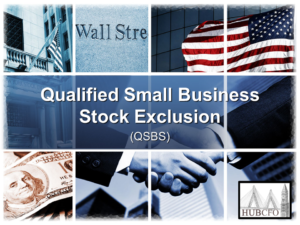Which City Has the Nation’s Highest Sales Tax Rate?
Chicago is known as the Windy city and for good reason. However, thanks to a recent vote by Cook County commissioners, where Chicago calls home, it could now be called the tax city. That’s because Chicago, which already had a sales tax rate of 9.25 percent is jumping into the double digits after county commissioners voted to raise the sales tax rate by 1 percent, to a whopping 10.25 percent, which is the highest city rate in the entire country.
The new sales tax rate will take effect on January 1 of next year, and is expected to give the sales tax in the county a $474 million boost every year. Officials said they passed the increase proposal because they need the additional funds to help fix the pension system for Cook County employees. According to Cook County officials, there is already a shortage in the retirement of about $6.5 billion and the problem is getting worse every year, as it is reportedly increasing by $360 million annually.
With the increase, Chicago will now pass four counties in Alabama that all had sales tax rates of 10 percent, to become the city with the highest rate. Time will tell if the increased sales tax income will be enough to make a difference in the pension shortfall, but Chicago can now claim it’s number ranking for a rather dubious distinction.
Sec1045 Partnerships
Sec1045 Partnerships This document contains final regulations relating to the application of section 1045 of the Internal Revenue Code (Code) to partnerships and their partners. These regulations provide rules regarding the deferral of gain on a partnership’s sale of qualified small business stock (QSB stock) and a partner’s sale of QSB stock distributed by a…
Sec179 Businessequipment
Updated: 11/12/10 Most new business equipment can be either depreciated over its useful life or expensed immediately under Internal Revenue Code Section 179. The maximum deduction is based on the following schedule for the date in which the tax year begins. Each 1040, whether Single or Joint, is limited to one maximum. 179 expenses passed…
Sec1244 Small Business Stock Sales
Sec1244 Small Business Stock Sales Section 1244 of the Internal Revenue Code, the small business stock provision, was enacted to allow shareholders of domestic small business corporations to deduct as ordinary losses, losses sustained when they dispose of their small business stock. In order to receive this beneficial treatment, the Code prescribes specific requirements for:…
Section 1202: Small Business Stock Gain Exclusion
What is Section 1202 Stock? In December 2015, the Protecting Americans from Tax Hikes Act of 2015 (“PATH Act”) was passed by Congress and signed into law by President Barack Obama. The PATH Act made several tax breaks permanent, including the Small Business Stock Gains Exclusion (Section 1202). The new law makes permanent the exclusion…



